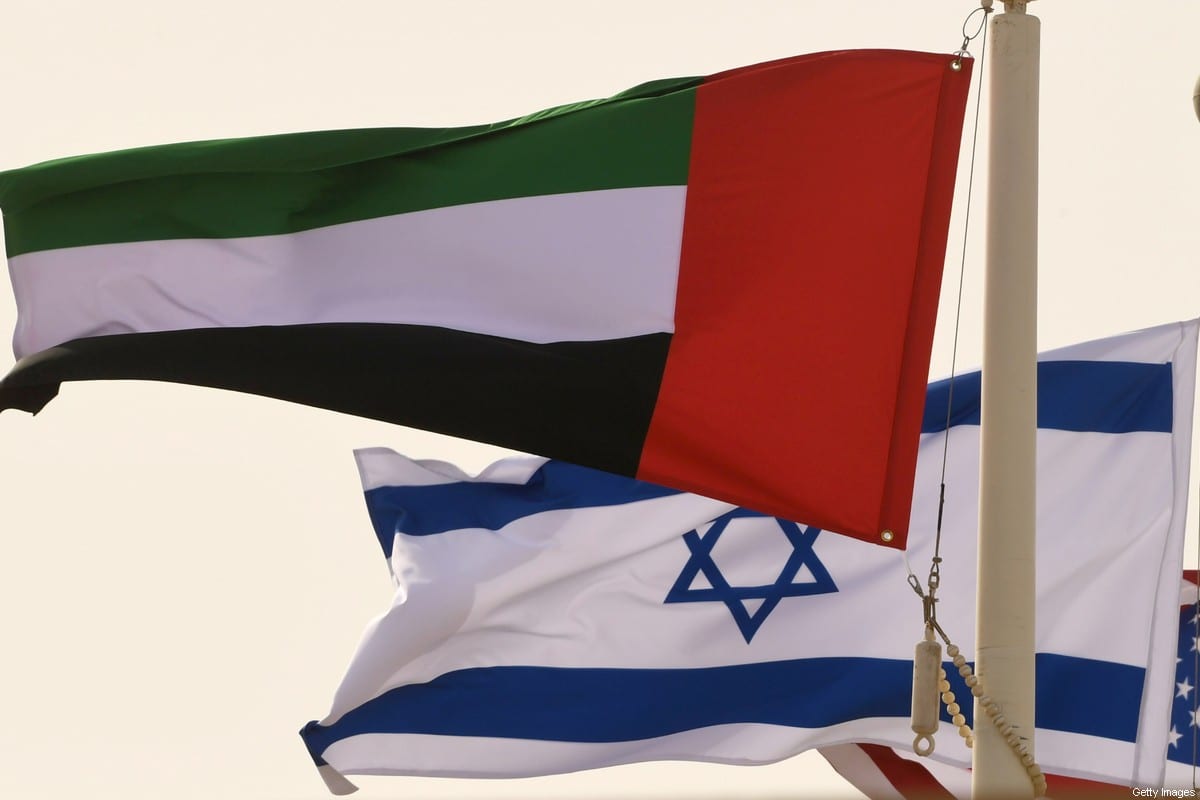The most volatile region of the world takes a historic bend in the middle of the coronavirus pandemic, after US President Donald Trump announces a 'peace deal' between the UAE and Israel to normalize relations between the two nations.
Trump tweeted, by calling it a “Historic Peace Agreement between our two great friends.” The UAE will be the third Arab country, after Egypt in 1979 and Jordan in 1994, to formally normalize relations with Israel. The historic peace agreement was signed by Israeli Prime Minister Benjamin Netanyahu and Abu Dhabi Crown Prince Mohammed bin Zayed Al-Nahyan. Under the peace deal, the UAE will formally recognize the 'state of Israel,' while Israel will suspend its annexation plan of West Bank territory.
The normalization of relations will give UAE the access to advanced defense equipment along with modern technology as Israel is the hub of research and development (R&D). The deal will give Israel the opportunity to obtain more friends in the Arab world. The politics of the Middle East consists of multi-dimensional complexity. The oil-rich region of the world is witnessing rivalry between Saudi Arabia, Iran and Turkey.
The deal was greeted differently by different countries in the region. The UAE’s immediate neighbors—Bahrain and Oman—along with Jordan and Egypt welcomed the deal. Saudi Arabia remains quiet on the subject. Iran slammed the deal as did Turkey and Syria.
However, Palestine accused the UAE of not informing them about the plan and selling the Palestinian cause i.e., demand for ‘homeland’. Iranian President Hassan Rouhani called the deal a “huge mistake.” Currently, Iran is severely hit by coronavirus and going through economic sanctions, bringing a lot of domestic challenges. It is also engaged in a proxy war in Syria and Yemen; further, it is supporting Hezbollah in Lebanon.
It's stand for a Palestinian cause will provide support for Iran as a key player in the region and also among the Muslim people. Similarly, Turkey has criticized the agreement by saying “history will never forgive the hypocritical behavior of the UAE.” Under the leadership of Erdogan, Turkey is struggling for the revival of the Ottoman era. It is trying to challenge Saudi Arabia and Iran in the Middle East by forming alliances with other Arab countries and taking a stand for Palestine.
The custodian of the two holy mosques of Mecca and Medina, Saudi Arabia, maintains silence on the deal. The silence of the Saudis will encourage more Gulf countries to have friendly ties with Israel. If more countries give recognition to Israel, it will bring peace and stability in the conflict-ridden region.
The agreement between UAE and Israel will reduce threats and create opportunities for peace in the region, as well as give a push to a shared commitment to promoting stability through diplomatic engagement, increased economic integration, and closer security coordination.




















